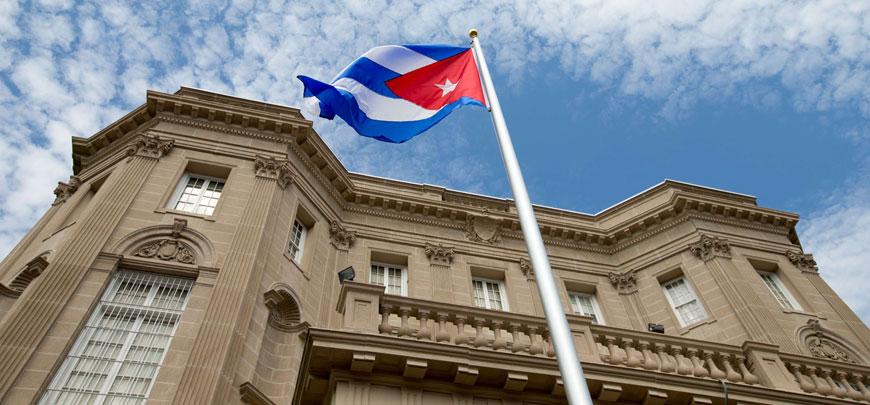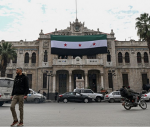You are here
Cuba hails US decision to partially reopen Havana consulate
By AFP - Mar 05,2022 - Last updated at Mar 05,2022
HAVANA — Cuba on Friday hailed the US decision to partially reopen its consulate in Havana, which has been closed since 2017 following alleged “sonic attacks”.
On Thursday, the United States said it would resume some immigrant visa services “as part of a gradual expansion of the embassy’s functions”.
Washington reduced the US mission to its bare minimum five years ago when then-president Donald Trump accused Havana of carrying out “sonic attacks” against embassy staff.
US personnel and their families suffered from mystery illnesses subsequently known as “Havana Syndrome”.
Similar incidents were later reported at other embassies around the world, and even on the White House grounds.
The United States has not revealed when the reopening will take place, but Cuban Foreign Minister Bruno Rodriguez said on Twitter that it was “a step in the right direction”.
On Thursday, Timothy Zuniga-Brown, the charge d’affaires at the US diplomatic mission in Havana, said the consulate “will begin the limited resumption of some immigrant visa services”.
However, Zuniga-Brown stipulated that most Cubans will still need to travel to Guyana to submit visa requests during a transition period.
Since 2017, Cubans have been required to make the costly trip to either Colombia or Guyana to apply for US visas.
Many have instead opted to make the perilous journey through Central America and enter the United States as undocumented migrants.
According to existing immigration agreements, the US should authorise 20,000 immigrant visas a year to Cubans, something it has not been fulfilling.
Rodriguez hit out at the US over its original reasons for suspending consular services.
He said it was taken after “unfounded accusations that Cuba had attacked American diplomats”.
“The consequences for Cuban families and for relations between Cuba and the United States in multiple spheres were very damaging,” he added.
Cuba is suffering its worst economic crisis in almost 30 years, in large part due to the coronavirus pandemic and the subsequent decrease in tourism.
Related Articles
WASHINGTON — Russian intelligence has been linked to mysterious so-called Havana Syndrome symptoms experienced by US diplomats, a media inve
Washington — John Kerry has a date with history.
WASHINGTON — The Cuban flag on Monday was proudly hoisted over Havana's newly restored embassy in Washington for the first time in 54 years
















